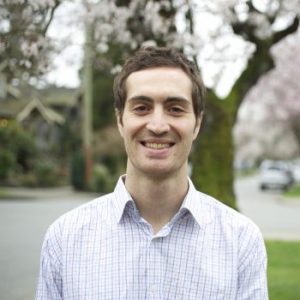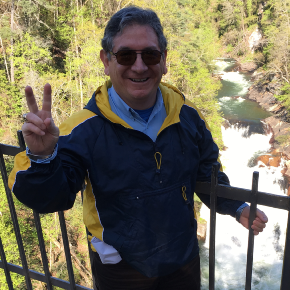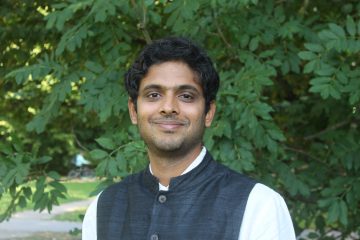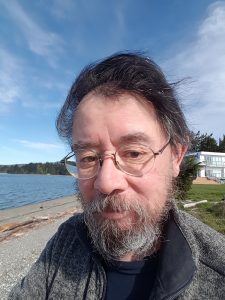IRES Seminar Series
Time: 12:30pm to 1:30pm (every Thursday)
Via Zoom
View video.
*********************************************************************************
Targeted pollution management, toxic emissions reduction, and jobs in US manufacturing over time
Analyzing the relationship between employment and toxic emissions at over 25,000 US manufacturing facilities between 1998 to 2012 demonstrates that significant reductions in toxic pollution can be achieved while avoiding equivalent effects on employment. Three simulations provide a comparison of the effects on employment of pollution management strategies targeted at highly polluting industries and facilities compared to strategies targeting a random or median subset of facilities and industries. Targeted strategies are effective because toxic emissions are disproportionally distributed; a handful of facilities and industries account for the majority of toxic emissions released in the US manufacturing sector. Moreover, these highly polluting facilities and industries do not employ significantly more workers than peer, lower polluting facilities and industries. The research challenges the narrative that protecting the environment must come at a significant cost to economic activity.
Mary Collins
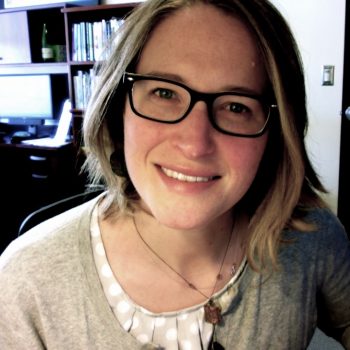
Assistant Professor, College of Environmental Science and Forestry, State University of New York
Bio:
Dr. Mary Collins is an environmental social scientist and Assistant Professor of Environmental Health at the College of Environmental Science and Forestry at the State University of New York (SUNY-ESF). Dr. Collins uses hierarchical models to assess inequalities in pollution generation between US-based industrial facilities and potential human health impacts. Currently, she is working on the temporal dimensions of hazardous waste generation as it relates to links between specific chemical exposures and rare cancers in New York State.
